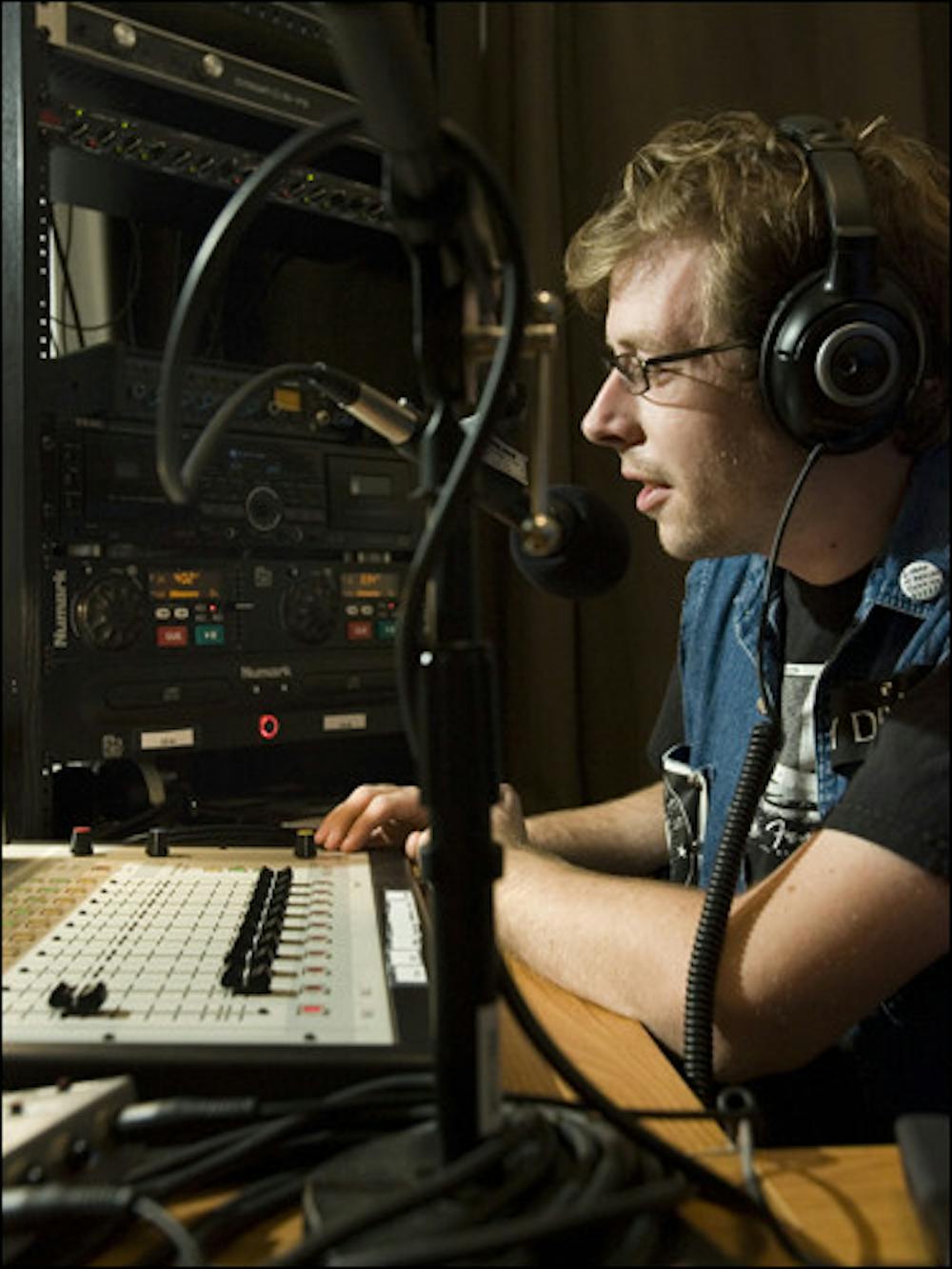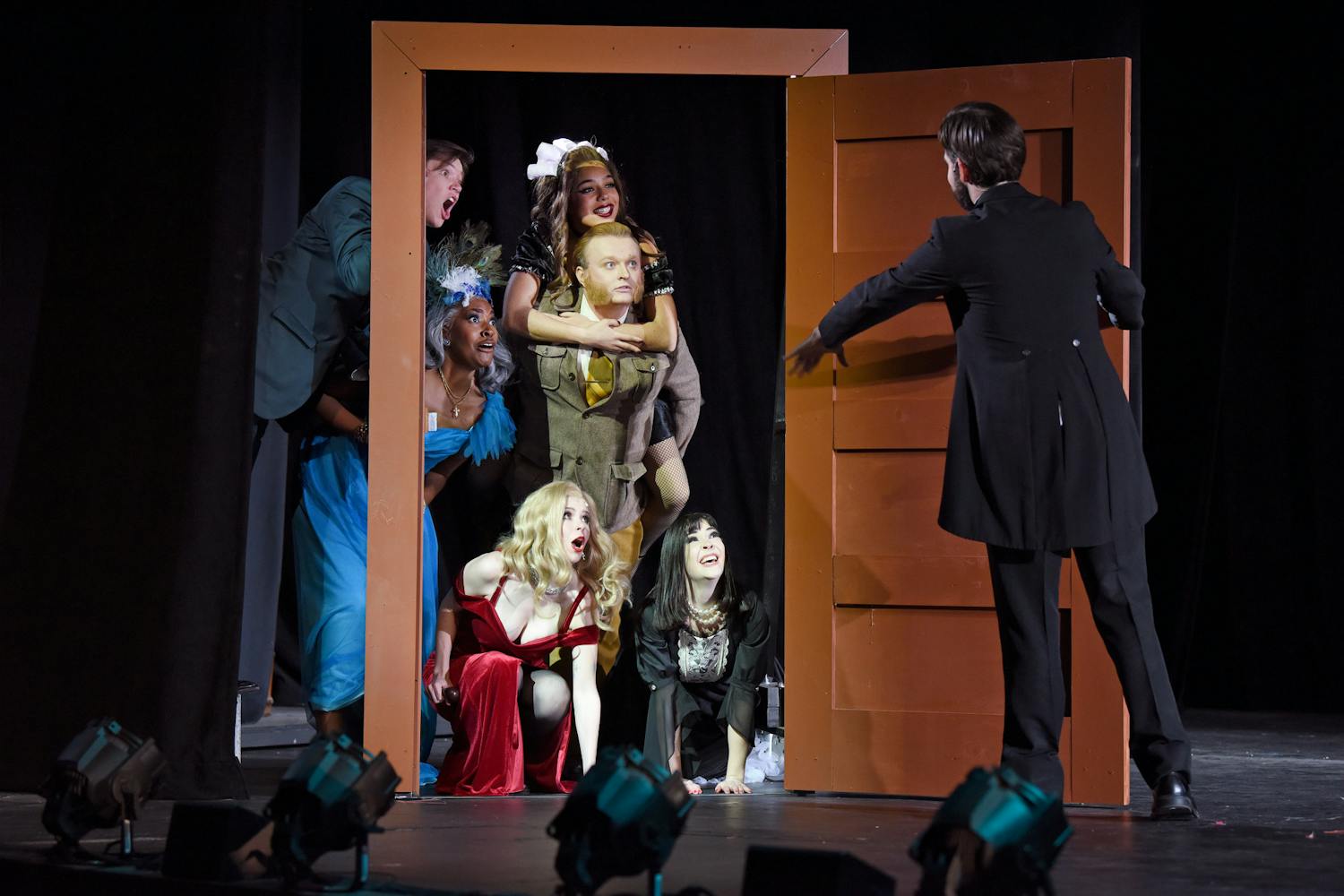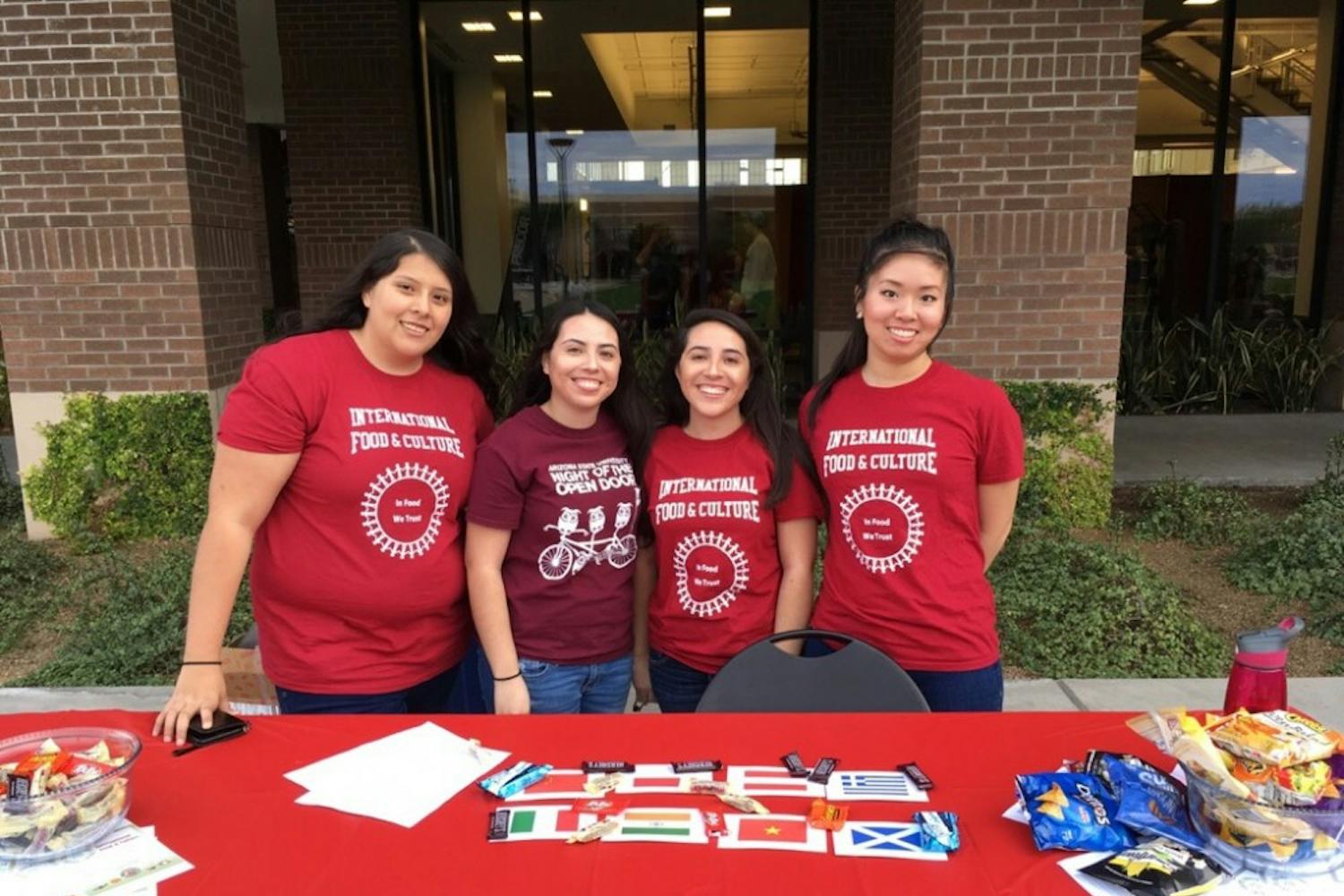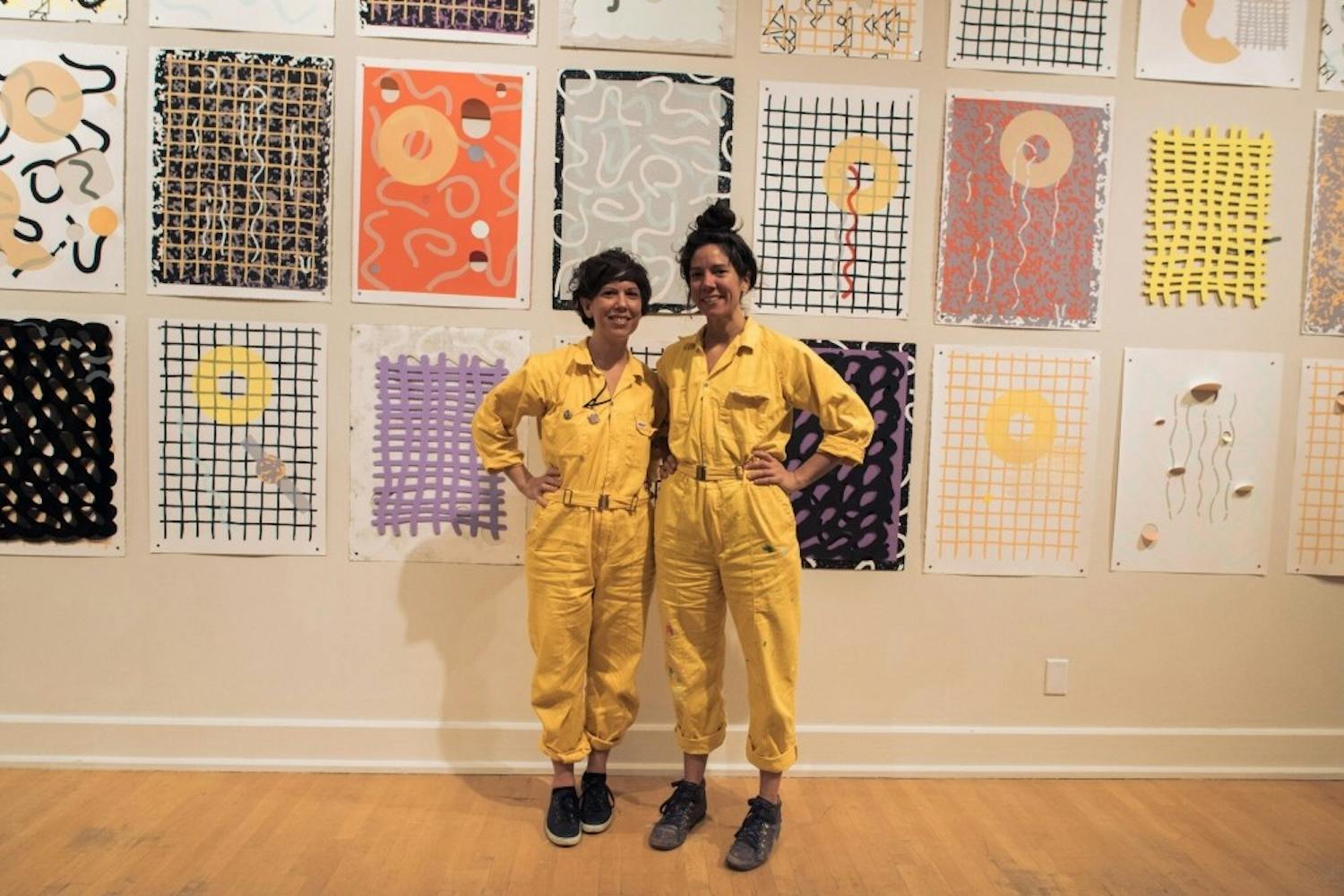Late Halloween night, the Arizona Community Media Foundation launched a streaming Internet radio station called Radio Phoenix, the latest step in its plan to bring community radio to the Phoenix airwaves.
“It was a rush, let me tell you,” said Victor Aronow, treasurer and founding member of the nonprofit. “When you set yourself a launch date, there’s always 5,000 things that are going to go wrong, starting with 'the key doesn’t fit in the door' to 'the power went out.'”
The former podcasting service radiophoenix.org overcame a rushed setup and tenuous budget and now provides noncommercial programming from local and national nonprofits.
Founded in 2004, Arizona Community Media Foundation strives to build media owned, governed, operated and programmed by members of the community.
Radio Phoenix was built to provide local programming, Aronow said, but because the fledgling station still lacks enough trained staff and equipment, many of the current shows come from like-minded nonprofits around the nation.
Programs like “Democracy Now!” out of New York and “Street Soldier” from San Francisco — a youth-oriented program started by old-school rapper MC Hammer — provide national news and issues programming that Brown hopes to complement with more local material soon.
Kaja Brown, general manager and communications director, said he grew tired of the centralized and homogenized programming of Phoenix radio stations and built Radio Phoenix to challenge them.
“[We] are frustrated by the lack of access we had to local airtime for the promotion of local arts and culture,” he said. “All of this is about trying to create local services, local musicians, local personalities — to have a platform to speak to the local community and promote local culture.”
Brown graduated from ASU in 2006 with a bachelor’s degree in interdisciplinary studies and used his previous experience and connections from working as a program director for a similar station in Portland, Ore., to guide Radio Phoenix.
The station plans to expand to the airwaves as well. Brown and Aronow filed for a dedicated radio frequency with the Federal Communication Commission in October 2007, but Brown said there is no way to tell when the FCC will approve the application.
“We’re anticipating that it could happen sometime next year, but until then we don’t know that to be true,” he said.
Radio frequencies are limited, so the FCC regulates what stations broadcast and ensures signal areas do not conflict. Last January, the FCC announced a five-day filing window in October for organizations to apply for dedicated frequencies.
Arizona Community Media Foundation submitted two noncommercial station applications, one for Apache Junction and one for Chandler. Noncommercial stations broadcast between 87.9 and 91.9 megahertz on the FM dial and generally rely on alternative funding to eliminate commercials.
Aronow said it took the FCC eight years to resolve all conflicting frequencies claims last time it opened filing. This time, 3,800 applications were filed, 88 from the Phoenix area.
“That’s why we started this Internet service,” he said. “The Internet service is halfway between our podcasting service and a real radio station.”
Aronow said the two transmitters would cover most of the Valley, including Chandler, Mesa, Tempe, Peoria, Scottsdale, Phoenix, Avondale, Goodyear, Apache Junction, Gila Bend and Queen Creek.
“We believe that [the Valley] should have community radio 24 hours a day, seven days a week,” he said. “Our goal was to have a consistent access to local events, local media, local music and local disc jockeys for the greater Phoenix community. That simply doesn’t exist here.”
As part of Radio Phoenix’s attempts to serve the community, the organization also employs a Community Advisory Board open to members of the public that reviews content and acts as a public liaison.
Raissa Devereux has worked as head the advisory board since March to approve programming for Radio Phoenix. She plans to become the director of research on the main AzCMF board to continue her involvement.
“[We] serve as a bridge between the main board of AzCMF and the community at large,” she said. “Right now we’ve got about five [members], but we’re hoping to expand that.”
Reach the reporter at channing.turner@asu.edu.




